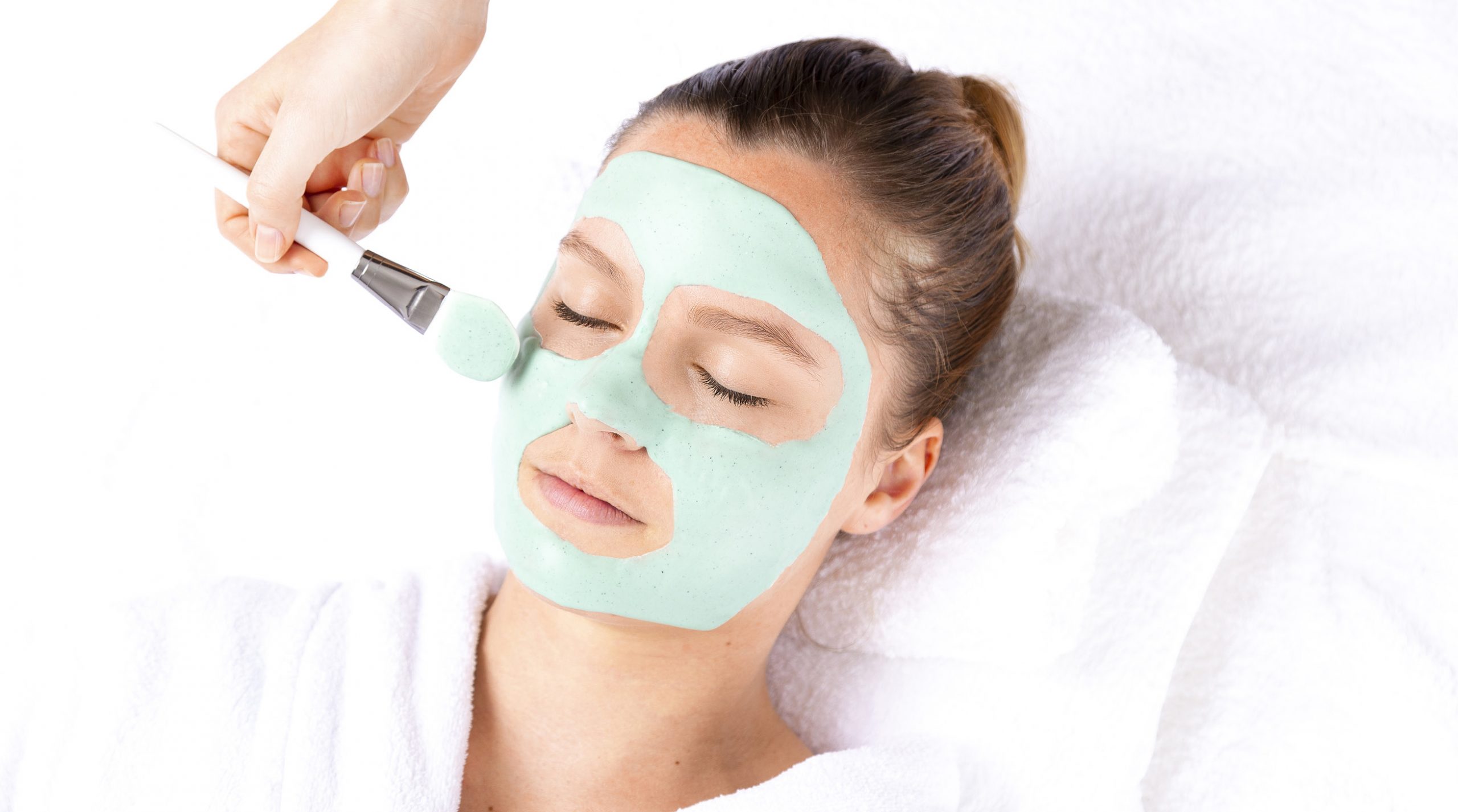Skin Care Practices
Skin care involves a variety of practices that support and enhance the integrity and appearance of the skin. It can include nutrition, appropriate use of emollients, and sun protection. Some skin care practices include the application of retinoids and Botanical facial oils. Other skin care practices focus on skin hydration.

Retinoids
The use of retinoids for skin care has many benefits, but it must be used in moderation. The skin should be clean before using retinoids and should be allowed to dry thoroughly before applying them. For the best results, use retinoids after cleansing and before applying moisturizer to prevent irritation.
Retinoids are not suitable for all skin types and should be used only with a dermatologist’s advice. They may cause some skin irritation and redness if used on the first day of use, but the irritation will subside once you’ve adjusted. You should start with an over-the-counter retinol and gradually work your way up to prescription strength retinol.
Retinoids are commonly used in skin care products to treat acne and other skin conditions. They can help break down acne, reduce fine lines, and improve overall skin tone. They’re also very effective in reducing the stickiness of pore-clogging cells. They can also enhance the effects of other medicated skin care products.
Retinoids are natural substances that are found in many skin care products. They are fat-soluble and have excellent absorption properties. These compounds improve skin function by increasing the level of epidermal proteins and keratinization. Furthermore, they penetrate deep into the epidermis, the dermis, and the subcutaneous tissue.

Botanical facial oils
Botanical facial oils are a wonderful vehicle for nutrients that your skin needs to look and feel its best. They are highly concentrated, so you only need a tiny amount to see significant changes. They moisturize and plump skin while providing protection from free radicals and harmful pollutants. These oils are great for everyday use and layering.
Botanical oils are also good for your hair and scalp. Some oils help hydrate and balance oily skin, while others protect the scalp and prevent dandruff. These oils are fast absorbing and won’t clog your pores. It’s important to use a gentle, dabbing motion to apply them to the skin, not rubbing.
Antioxidants are a key component of botanical oils. They help protect the skin from free radical damage, brighten the skin, and reduce the appearance of fine lines and wrinkles. Anti-inflammatories also help minimize the effects of pollution on the skin. Patchouli, rosemary, and desert date leaf extract are examples of botanical oils that have anti-inflammatory properties.
Argan oil has many benefits for the skin. It is lightweight and can be added to your favorite face cream or lotion. It can also be used as a serum for dry skin. Argan oil also contains phytosterols, which are valuable sources of vitamin E. It also strengthens the nails and hair. It is also great for aging skin and is suitable for all skin types.
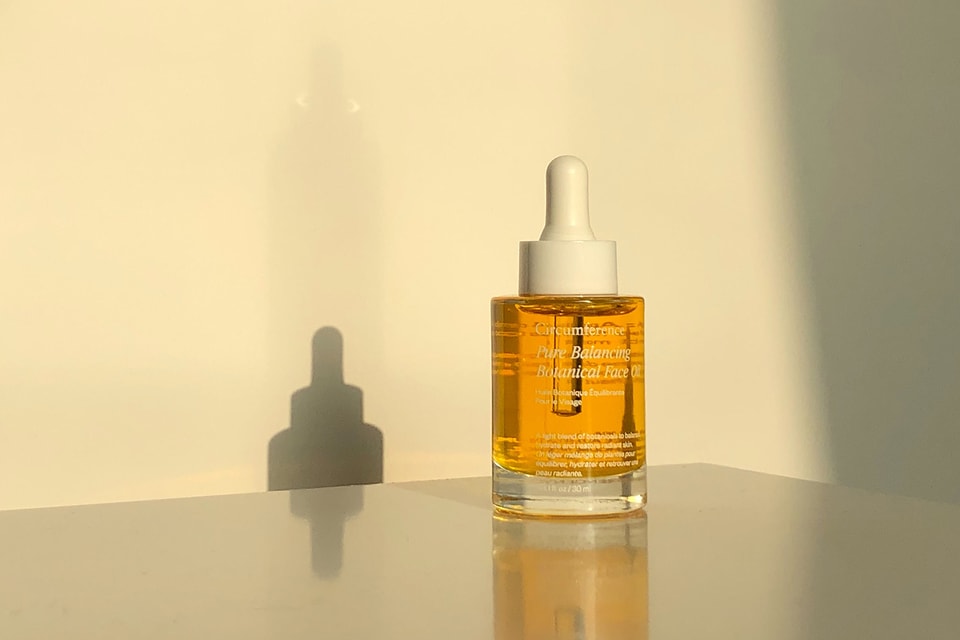
Serums
Face serums are designed to penetrate the skin to deliver key skin care ingredients quickly. They contain concentrated ingredients and are lightweight. While serums don’t produce results immediately, they do work over time to reveal results. These products should be applied morning and night to ensure the most benefit. For best results, use a combination of serums and moisturizers.
Different types of serums address different concerns. Some are designed to help acne and others to improve dull skin. Some have retinol or vitamin C, which reduce inflammation and unclog pores. Other ingredients are hyaluronic acid and antioxidants, which help prevent oxidative damage and fight the signs of aging.
A face serum is a popular skin care product. It’s especially popular with women who suffer from acne or wrinkles. Several dermatologists recommend serums and can offer guidance on application and ingredients. Using a skin care serum with the advice of a dermatologist is the best way to ensure optimal results.
A face serum will target several areas of the skin. They vary in texture, active ingredients, and price. Each one can provide a number of benefits, but a few important factors are important in selecting the right one.
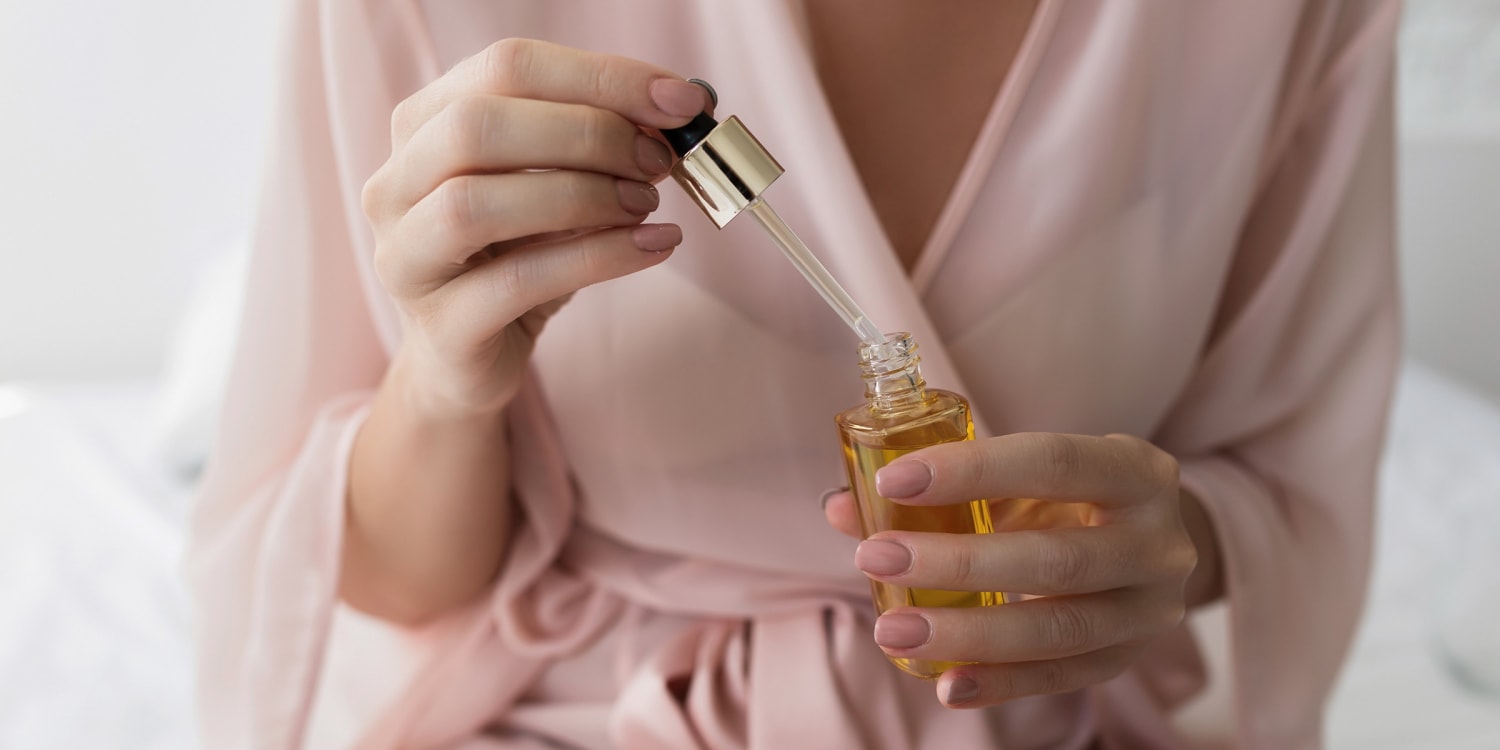
Moisturizers
Choosing the right moisturizer depends on your skin type. Oily skin needs a heavier lotion, while normal skin requires something lighter. If you have sensitive skin, you’ll need something fragrance-free and without any preservatives. Moisturizers also protect the skin from the harmful irritants in the environment.
Moisturizers that have ceramides are good for your skin, since they strengthen your skin’s moisture barrier, keeping moisture from leaking out. CeraVe’s moisturizer contains five kinds of ceramides and is highly rated on Amazon. It has nearly 900 five-star reviews, and people have praised its hydration and anti-inflammatory benefits.
A moisturizer for your face is a cream, ointment, or lotion that traps moisture and restores it to the outer layer. It has four classes of ingredients: occlusives (which form a protective barrier), humectants (which draw water into the skin’s deeper layers), emollients (which smooth skin), and barrier-repair ingredients. Most moisturizers contain several of these ingredients. It is important to pick the best one for your skin type.
There are a number of good moisturizers on the market for people with dry skin. However, if you’re prone to breakouts, you’ll want to avoid heavy moisturizers and go for lightweight options
SPF
Sunscreen with an SPF of 30 or higher is ideal for protecting the skin against harmful UVB rays. It also works as a primer for mineral makeup. Apply it 15 minutes before going outdoors. You should also reapply it every 90 minutes or so. SPF protection is essential for those with sensitive skin.
Prolonged exposure to the sun’s ultraviolet (UV) rays can cause premature aging, fine lines and wrinkles, sunspots, and even skin cancer. Applying SPF lotion or cream daily can help prevent the development of these problems. It can also help reduce hyperpigmentation, a common sign of aging.
While there are no absolute rules for skin care, an SPF of 30 or higher is a good rule of thumb. This is because a higher SPF means more protection from the sun’s harmful rays. However, a study from the Environmental Working Group (EWG) found that the actual UV protection may be lower than what the label states.
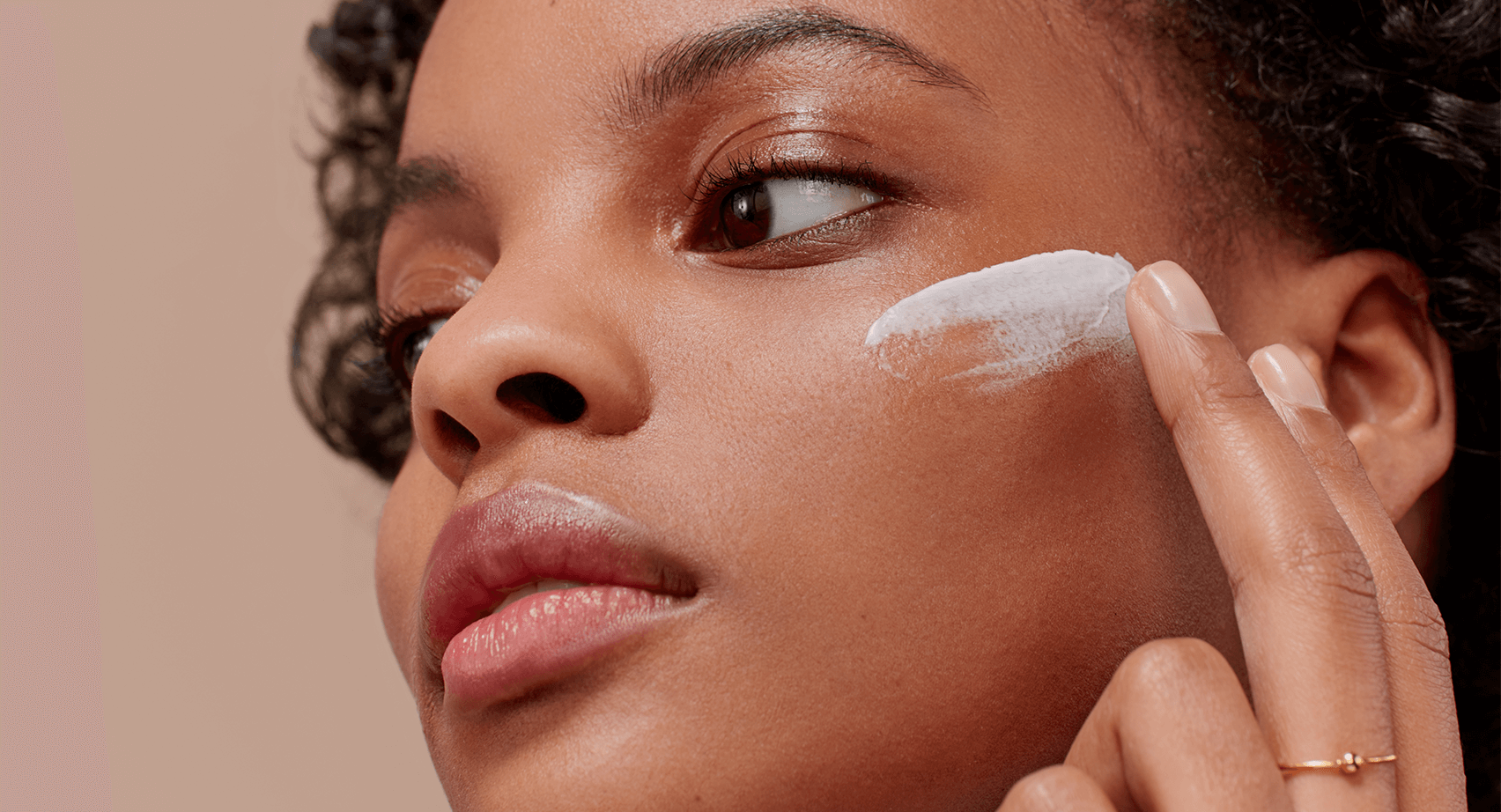
Antioxidants
Antioxidants are a vital ingredient in skin care products because they help protect skin cells from free radicals. These molecules can damage DNA, proteins, and lipids. Free radicals are caused by environmental factors. Antioxidants help to scavenge these molecules and repair damage. This in turn helps skin repair itself and correct visible signs of aging. If used properly, antioxidants can help prevent a number of skin conditions.
Antioxidants are known as skin protectors and are useful for preventing sun damage, preventing acne breakouts, and soothing and calming skin. They can also reduce the appearance of age spots and blemishes, brighten skin, and help prevent the production of melanin by the skin.
Vitamin C is one of the most important antioxidants. It is a natural anti-aging ingredient that can be found in moisturizers, serums, and cleansers. Vitamin C can reduce dark spots associated with photoaging and promote collagen production, firming the skin and reducing fine lines and wrinkles.
Antioxidants are natural compounds found in food and can be increased through supplements, skin care products, and food. However, they should not replace the use of sunscreen. Antioxidants come from plants, and each plant has a unique antioxidant activity. Most antioxidant skin care products will list the plant extracts used in the formulation.
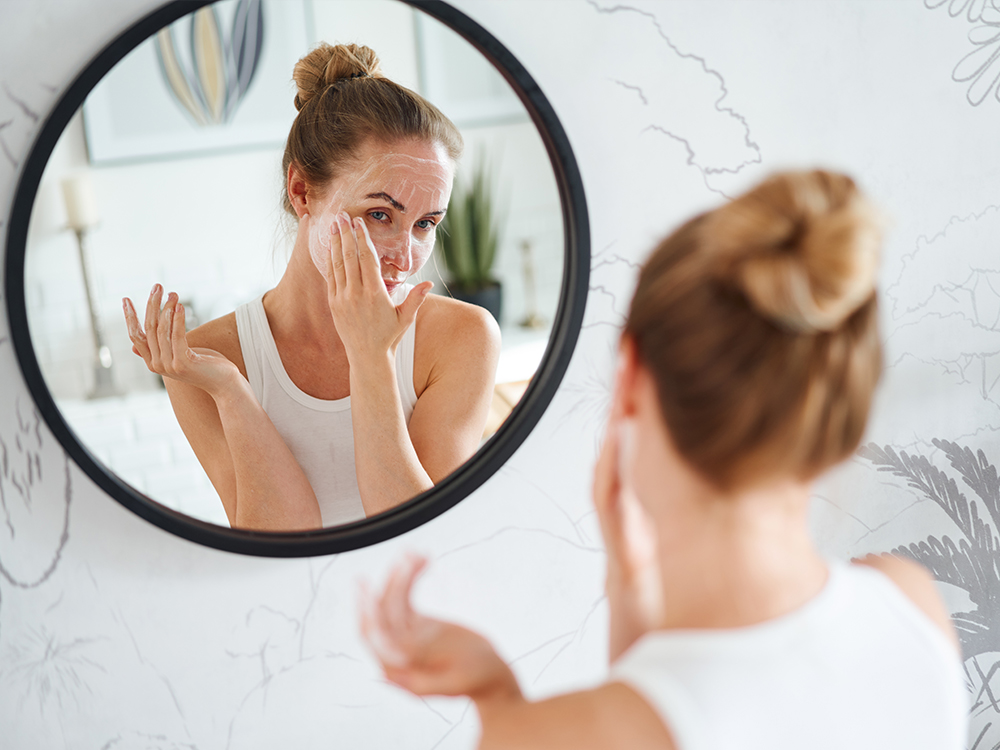
Masks
Masks for skin care are a great way to improve the look of your complexion. They contain ingredients that can correct discoloration, reduce wrinkles, and even out skin tone. Some contain gold to stimulate collagen production. Others are made of a gel-like substance, which transfers nutrients to the deep dermal layers.
When looking for a mask, make sure you read the ingredients list carefully. Try to find one that is fragrance-free, hypoallergenic, or free of parabens. These are all words that will help you avoid harsh chemicals that may irritate your skin. This is especially important for tweens, who often have sensitive skin and should avoid products that contain harsh chemicals. Also, you should know if any of your prescription medications interact with the ingredients in a mask.
There are a few different types of face masks available. The best-known mask for skin-care is the La Mer sheet mask. It has luxe ingredients like squalane and algae extract. This mask offers long-lasting, supple skin. However, it costs around $25 for a single application. However, some customers have figured out a way to make one mask last multiple uses.
